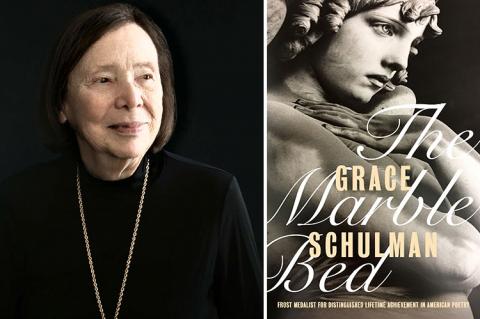Grace Schulman casts her steady eye on mortality in her new collection of poems, “The Marble Bed.” Or, more accurately, she casts her eye on the things around her and they describe mortality back to her.
Books
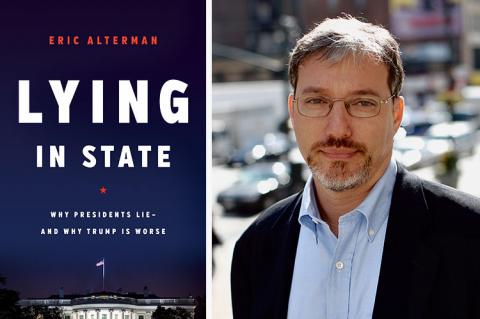 The Credibility Gap
The Credibility GapDonald Trump is by far the most egregious liar ever to reside in the White House, but he is hardly the first, writes Eric Alterman in “Lying in State: Why Presidents Lie — and Why Trump Is Worse,” a kind of American history textbook for our unsettled times.
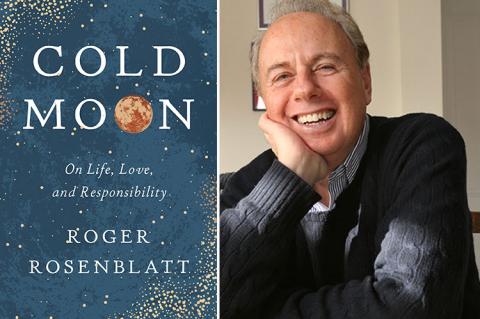 An Essayist’s Arabesques
An Essayist’s ArabesquesRoger Rosenblatt’s “Cold Moon” is like an extended prose poem, with runs of free associations and streams of consciousness tackling major themes of life, death, and grief.
On the new books front: Suzanne McNear’s “Swimming Lessons and Other Stories” and Janet Lee Berg’s “Restitution,” a follow-up to “Rembrandt's Shadow,” historical fiction about one family’s art looted by the Nazis.
The M.F.A. program in creative writing and literature at Stony Brook Southampton will welcome the poet Major Jackson for an online reading and talk on Oct. 28 at 7 p.m.
 Strangeness in Suburbia
Strangeness in SuburbiaThe character-driven second book by the singer-songwriter turned novelist Suzzy Roche is set in a Catholic enclave in Pennsylvania in 1961. It is a social satire with sympathy, realism with softened edges.
Alastair Gordon talks up the Barnes Coy architecture firm and interviews a principal, and Grace Schulman headlines a celebration of Turtle Point Press via Canio’s Books.
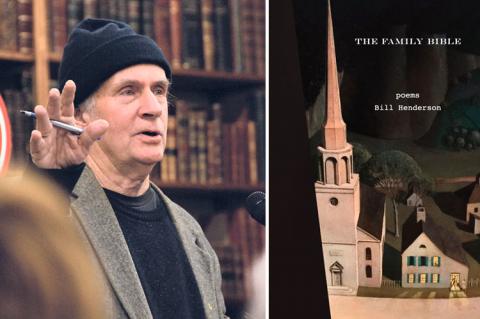 Poems of Faith and Doubt
Poems of Faith and DoubtBill Henderson’s “The Family Bible” is a collection of plainspoken, candid poems centering on his struggle with the fundamentalist, literalist religion of his childhood and youth, with its contradictions of a loving and angry God and stories of kindness and violence.
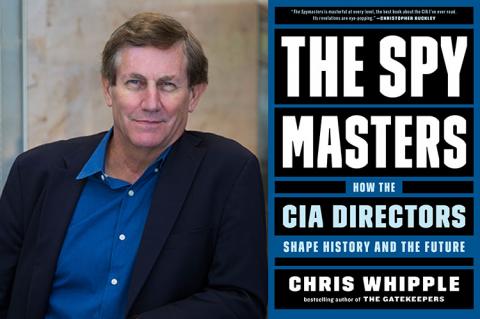 Truth and Dare Atop the C.I.A.
Truth and Dare Atop the C.I.A.Chris Whipple’s “The Spymasters” fleshes out the triumphs, tragedies, and turf wars of national intelligence with a trove of new details and insights from an astounding cast of characters.
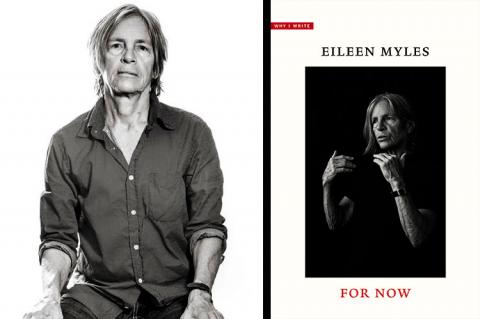 The Interior Project
The Interior ProjectIn “For Now,” a book-length essay in Yale’s “Why I Write” series, Eileen Myles enacts the very strategies identified as essential to the author’s poetics. The essay chronicles its own construction, so that we learn not only why Myles writes, but also how this particular piece of writing came to be.
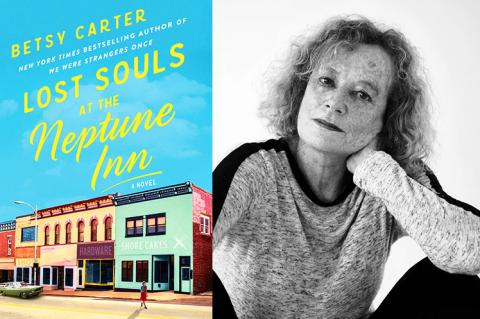 Off the Straight and Narrow
Off the Straight and NarrowBetsy Carter’s new novel is an intergenerational tale of family pleasures and tensions in a small town. Sweet and warm, it’s nice to be in her world the way it’s nice to look through a bakery’s glass case.
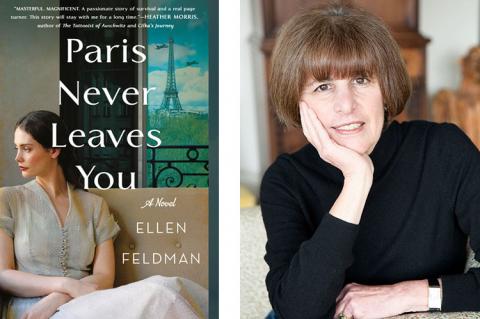 Love and Identity in Wartime
Love and Identity in Wartime“Paris Never Leaves You,” an extraordinary new novel by Ellen Feldman of East Hampton, cuts between Paris in 1944 during the late stages of the Nazi occupation and the New York City publishing world of 1954.
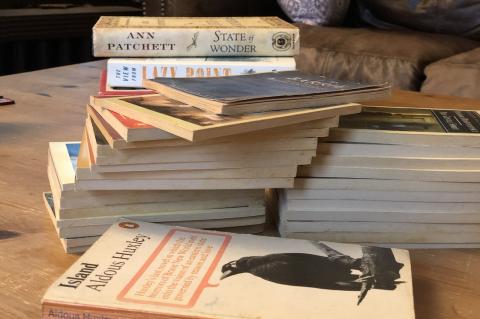 South Fork Book Clubs Enter Brave New World
South Fork Book Clubs Enter Brave New WorldThe course of true love never did run smooth: Book lovers with devoted book clubs are doing everything in their power, even mastering new technology, to keep up with meetings in the age of coronavirus. What Zoom lacks in dimension, dimensional conversation makes up for.
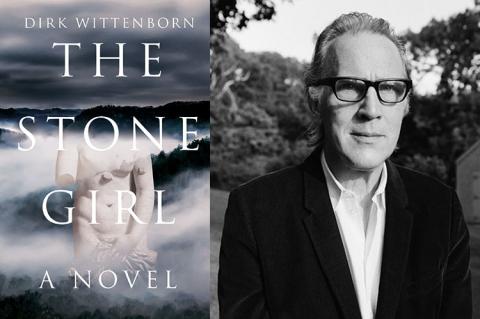 The Ways of the Wild
The Ways of the WildIn Dirk Wittenborn’s new thriller, “The Stone Girl,” the females are strong and resourceful. The males, well, they’re strong and resourceful, too, it’s just that a large proportion of them are forces for evil.
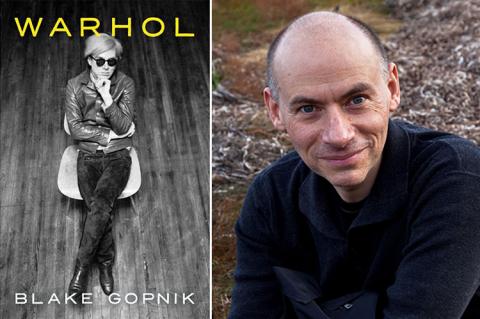 Andy Warhol’s Life in Full
Andy Warhol’s Life in FullBlake Gopnik's 900-plus-page doorstop of a biography of Andy Warhol is both a daunting undertaking and a hard-to-put-down page-turner, fully capturing its subject in almost microscopic detail.
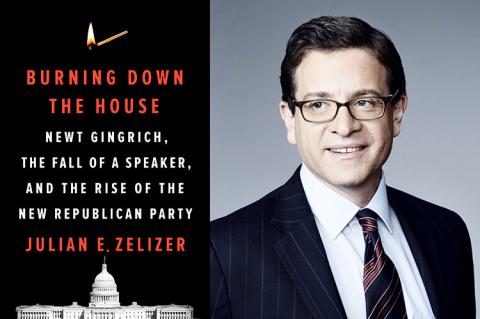 Setting the Table for Trump’s Takeover
Setting the Table for Trump’s TakeoverIn “Burning Down the House,” Julian Zelizer, a Princeton professor, makes a detailed and compelling case that it was the G.O.P. firebrand Newt Gingrich whose approach to politics on the congressional level most prefigured and paved the way for Donald Trump’s.
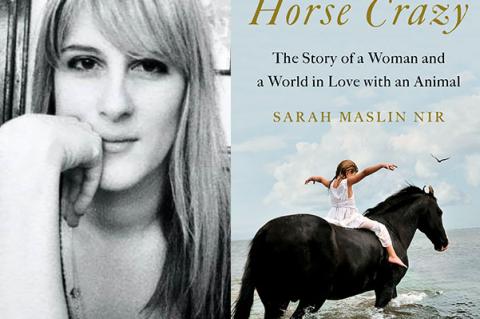 A Love Letter to Horses
A Love Letter to HorsesSarah Maslin Nir's "Horse Crazy" is not exclusively about horses at all, but a thoughtful memoir that blends rich reportage with intimate stories of combating loneliness and navigating grief.
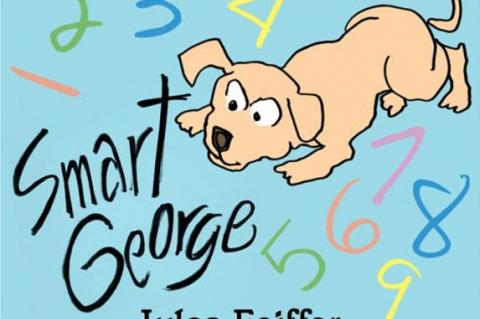 Funny Animals
Funny AnimalsA pup who won’t listen, a shark who wants a friend, and a wolf who just needs to chill. It’s your friendly neighborhood picture book roundup.
One man’s tip of the cap to some comforting voices in the time of Covid.
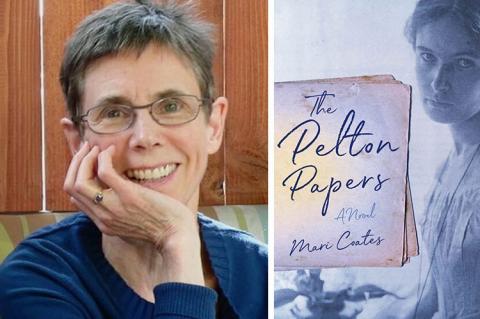 The Making of a Mystic Painter
The Making of a Mystic PainterThe Whitney Museum may have had to cancel what would have been a major show of paintings by Agnes Pelton, who fashioned a Hayground windmill into a studio, but she gets her day in the form of Mari Coates's historical novel “The Pelton Papers.”
Jill Bialosky and Kathy Engel will read and discuss new work on Aug. 13 in Guild Hall's backyard theater.
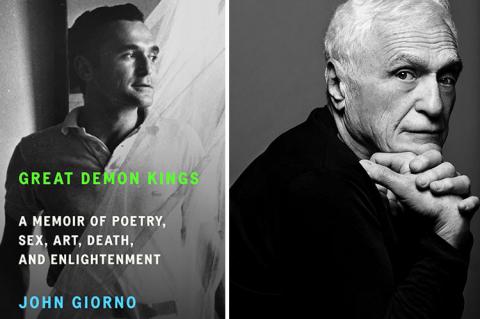 Chronicler of the Avant-Garde
Chronicler of the Avant-GardeThe late John Giorno’s memoir of “poetry, sex, art, death, and enlightenment” shows him as a man very much in the middle of the New York art scene’s 1960s and ’70s heyday.
This year’s Authors Night fund-raiser for the East Hampton Library goes virtual from Aug. 6 to 9 with talks by the likes of Philip Rucker, Mike Birbiglia, and Neal Gabler.
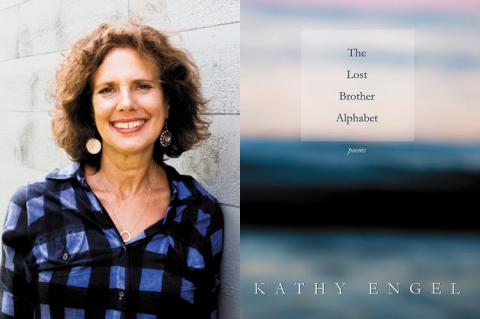 Questions for the Dead
Questions for the DeadKathy Engel’s new poetry collection, “The Lost Brother Alphabet,” concerns itself with mortality, with the mystery of how we endure and what we become after those we love die.
The Hampton Library's Fridays at Five summertime series of author appearances returns, but it'll be online in these pandemic times.
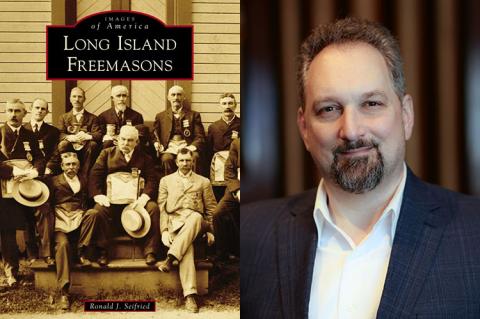 Symbols and Secrets
Symbols and SecretsThe history of Freemasonry on Long Island runs deep, dating back to George Washington, and is remarkably fire-plagued, particularly in Sag Harbor.
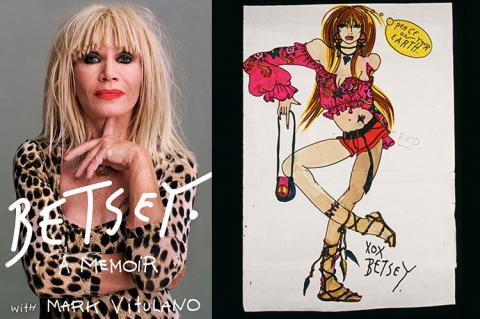 Fashion’s Breath of Fresh Air
Fashion’s Breath of Fresh AirBetsey Johnson had a light touch as a designer. Traveling the world in search of ideas and fabrics, she brought a joy and silliness and youthfulness to fashion.
 The Road to Rabat
The Road to RabatAn ambitious debut novel of cynical aid workers and expats follows a young Congolese on a Homeric journey north to Morocco and, he hopes, Europe.
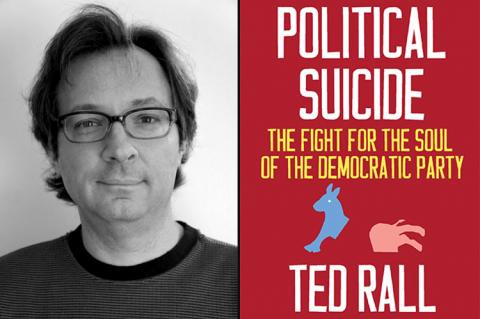 The Great Compromise
The Great CompromiseTo Ted Rall, America's toxic political system is exemplified by the Democratic National Committee's thwarting of Bernie Sanders's candidacy in 2016. "Donald Trump becomes president because the DNC has its thumb on the scale for Hillary," he writes in his new graphic journal, a plea for a progressive agenda.
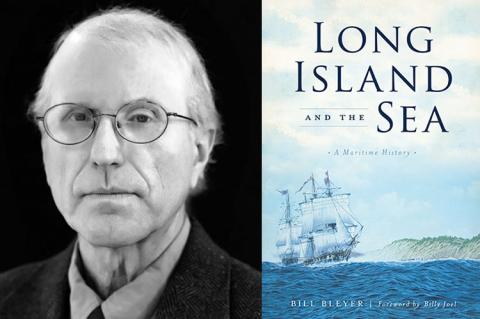 Water, Water Everywhere
Water, Water EverywhereA richly illustrated, reference-quality survey that places our fish-shaped, almost 120-mile-long island squarely where it belongs in maritime history.

